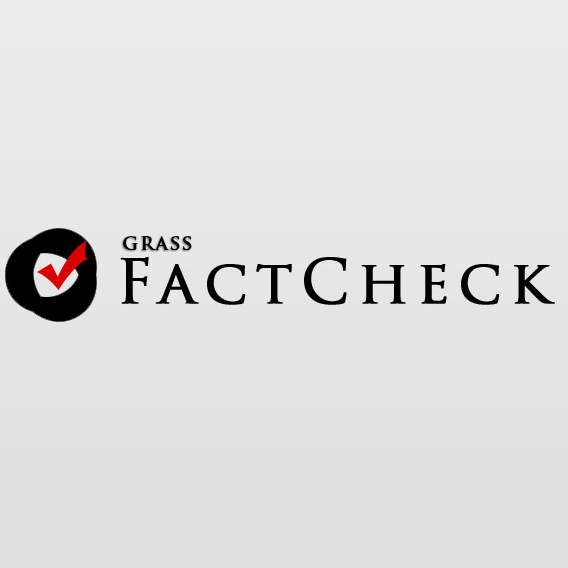An army of at least 48 fact-checking organizations from 30 countries has been working since Friday to debunk false information about the 2019 novel coronavirus. So far misinformation regarding the launch of a miraculous vaccine has been the largest trend, followed closely by a huge amount of fake data about the source of the fatal illness. Conspiracy theories come in third.
The collaborative project, coordinated by the International Fact-Checking Network, will be active for as long as the disease spreads worldwide and can be followed on social media channels through two hashtags, #CoronaVirusFacts and #DatosCoronaVirus.
The first big wave of misinformation claimed that a patent of the virus was created a few years ago. In the United States, Lead Stories, Fact-Check.org and PolitiFact debunked dozens of social media posts and confirmed that there is no vaccine to cure the 2019 virus and that all the hoaxes floating around the patent relate to previous types of coronavirus — seen in different parts of the planet in the past.
The second wave of falsehoods was big in Taiwan, since it is geographically close to China. While trying to protect themselves against the new strange and strong virus, people started sharing on social media different (and absurd) ways to protect themselves. The Taiwan Fact-Check Center debunked a few posts that claimed, for example, that acetic acid could prevent a person from being contaminated. It is not true. There is no proven effect.
Then, Taiwanese fact-checkers spent a lot of time debunking false ways to cure the 2019 coronavirus. Their list of ineffective substances so far includes steroids, ethanol and salty water. But there is more to come.
Some fact-checkers from around the world have been struggling with the third wave of hoaxes, one regarding the source of the virus and/or its origin. Aos Fatos, in Brazil, for example, has rated false viral posts that claimed that people who had bat soup are now sick.
But there is obviously room for conspiracy theories — and Georgian fact-checkers have seen a big one on TV.
Myth Detector flagged a “false connection” made by a Russian channel between an old image that showed a biosecurity lab and “information” that the United States was actually spreading the 2019 coronavirus in Asia by using American labs installed in the region. As fact-checkers pointed out, the TV story even featured archive material that dated from 2018.
Images are starting to trend, too. Animal Politico, in Mexico, caught a Facebook page using an image with a CNN logo to promote the idea that “Raúl Rodolfo Abhduz Khan, a biochemical engineer from Karmalah Laboratories, is the creator of coronavirus.” Pretty false.
And, among all the chaos and all the 81 deaths registered so far (as of Jan. 27), the list of unconfirmed cases also seems to grow, polluting social media everywhere. Fact-checkers have published debunks around unconfirmed cases in Venezuela (Jan. 23), Colombia (Jan. 25) and Ukraine (Jan. 27). And the lesson is clear: If there is no confirmation from medical authorities, do not share content about infections or deaths caused by the new coronavirus.
In the next few days, an interesting subject should pop up: Will the anti-vaccination movement try to take any advantage out of this? Brazilian fact-checking unit Agência Lupa is keeping track of that. On Friday, for example, it rated as false a post that claimed the lethal disease has actually been “created just to offer new vaccines” to the public.
This post will be updated with the collaboration of the IFCN community.
*Cristina Tardáguila is the associate director of the International Fact-Checking Network and the founder of Agência Lupa. She can be reached at [email protected].
*Coronavirus collaboration: The collaborative project, coordinated by the International Fact-Checking Network, was launched on Jan. 24 and will be active for as long as the lethal disease spreads worldwide. Fact-checkers are using a shared Google Sheet and a Slack Channel to share content and communicate in different time zones. Follow #CoronaVirusFacts and #DatosCoronaVirus on social media for the latest updates.







